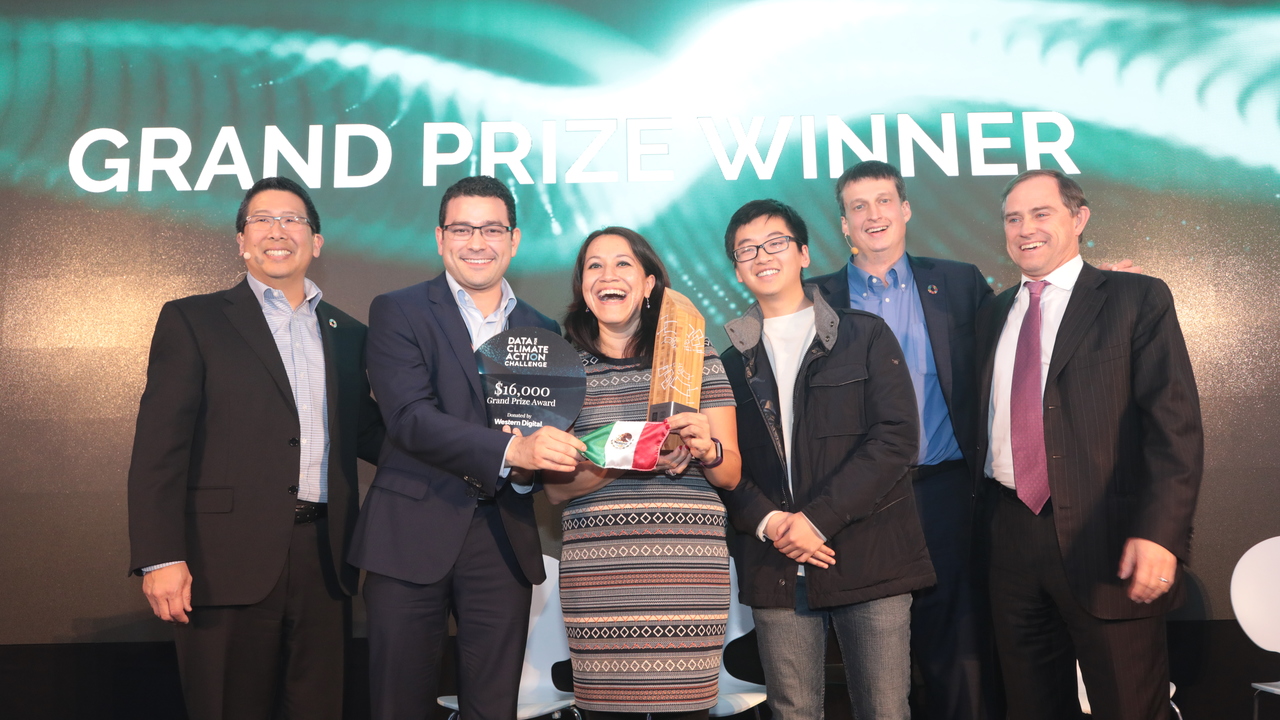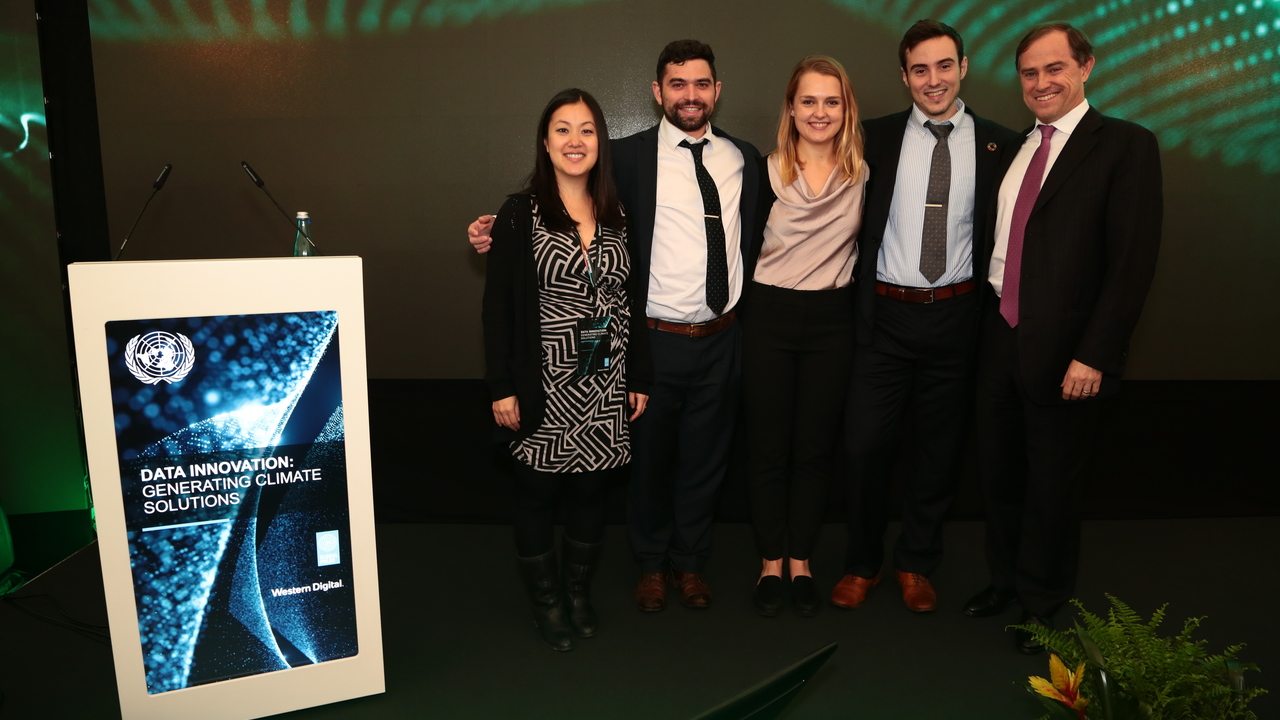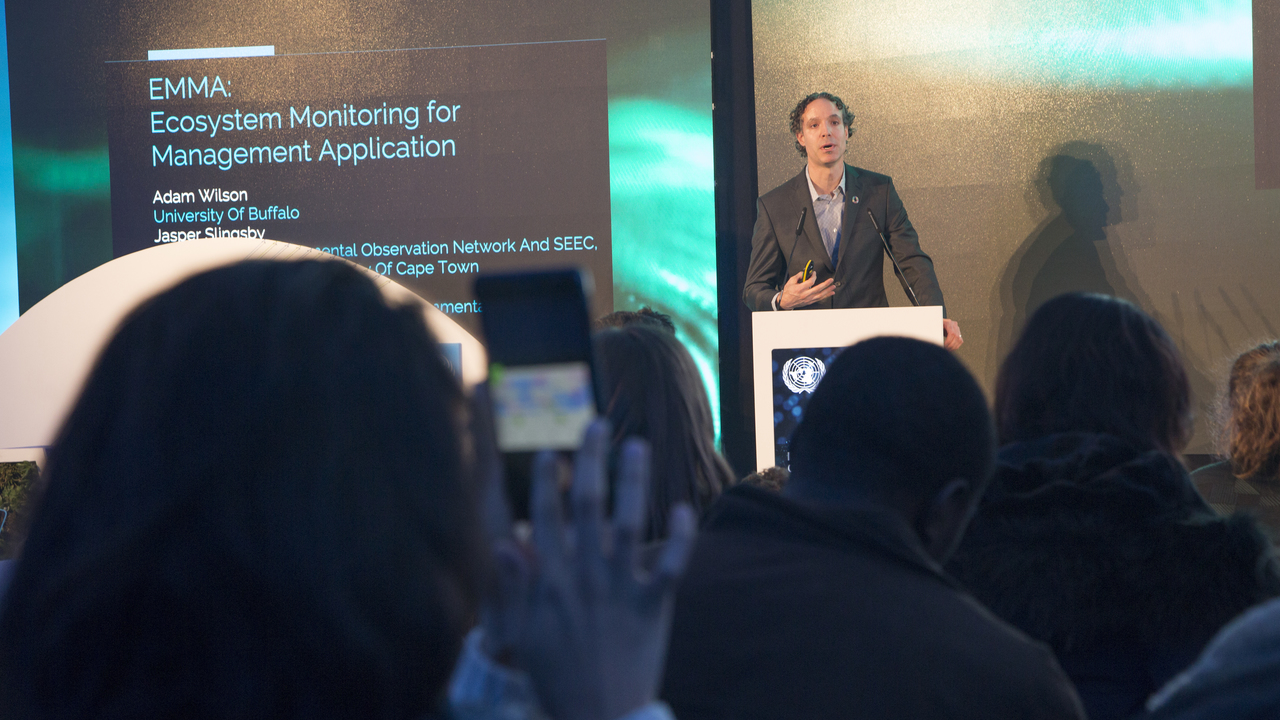Data for Climate Action
Оголошення результатів кейсу!
I Місце
Best team ever
AK
Andrew Kondrakov
Киев, Україна
Igor Sikorsky Kyiv Polytechnic Institute
Robots and machines designing
ЄУ
Євген Урсалов
CASERS
Management
CEO & Co-Founder
АК
Анна Крамаренко
CASERS
Management
project manager
ДЗ
Дар'я Закревська
National University Kyiv-Mohyla Academy
Marketing
Маркетологиня CASERS
II Місце
AK
Andrew Kondrakov
Киев, Україна
Igor Sikorsky Kyiv Polytechnic Institute
Robots and machines designing
III Місце
RS
Rodion Salnik
Сумы, Украина
Sumy State University
Information Technologies
Cookie-сповіщення
Ми та наші сторонні партнери використовуємо файли cookie на нашому сайті, щоб запропонувати вам зручнішу навігацію, аналізувати відвідуваність сайту та надавати персоналізований контент, докладніше уПолітиці використання файлів cookie.Якщо ви натиснете «Прийняти cookie», ви дасте згоду на використання нами cookie. Щоб змінити налаштування файлів cookie (у тому числі переглянути інформацію про те, як вимкнути файли cookie), натисніть«Налаштування файлів cookie»


